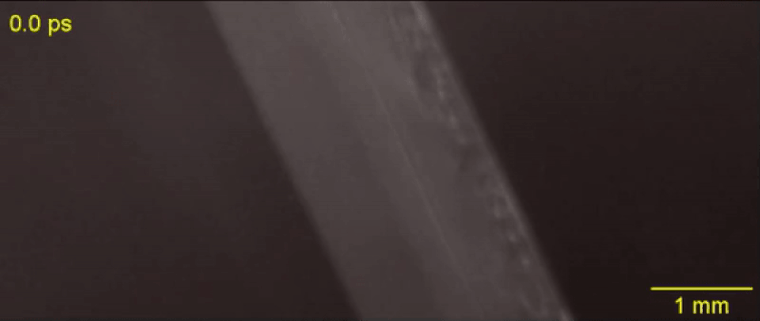- cross-posted to:
- hackernews@lemmy.smeargle.fans
- physics
- cross-posted to:
- hackernews@lemmy.smeargle.fans
- physics
In all the Universe, only a few particles are eternally stable. The photon, the quantum of light, has an infinite lifetime. Or does it?
One of the most enduring ideas in all the Universe is that everything that exists now will someday see its existence come to an end.
But, perhaps, there are exceptions to this general rule, and that some things will truly live on forever.
One such candidate for a truly stable entity is the photon: the quantum of light. All of the electromagnetic radiation that exists in the Universe is made up of photons, and photons, as far as we can tell, have an infinite lifetime. Does that mean that light will truly live forever?
"Do photons live forever? Or do they ‘die,’ and convert to some other particle? The light we see erupting from cosmic events over a verrrrry long past … we seem to know where it comes from, but where does it go? What is the life cycle of a photon?”
It’s a big and compelling question, and one that brings us right up to the edge of everything we know about the Universe.
Here’s the best answer that science has today.



Actually the answer is, we don’t know. The article implies yes, but we simply do not know for certain.
What is certain is there is a lower bound and the universe is far younger than that lower bound.
Proton != Photon
Same result just longer timeline.